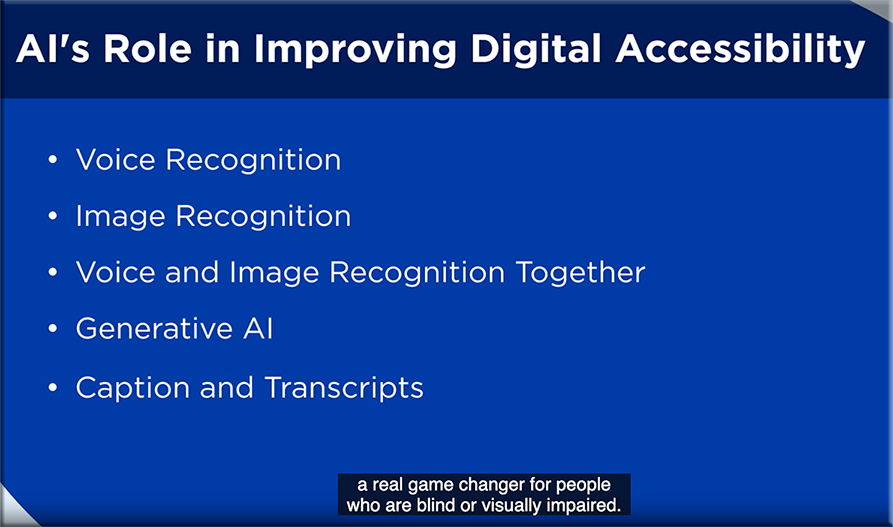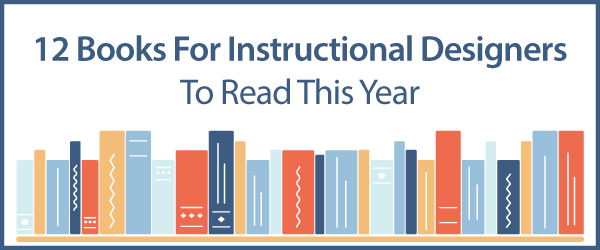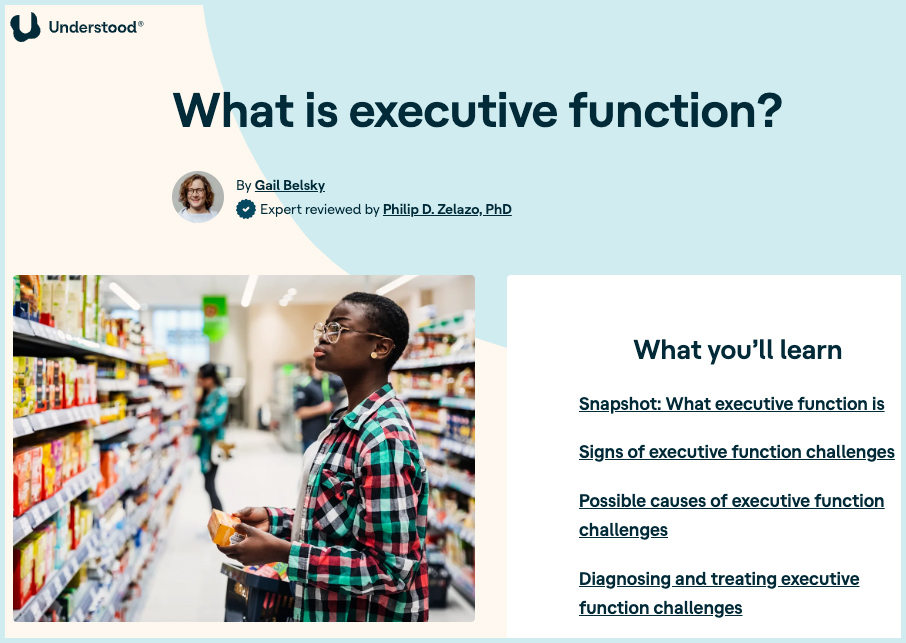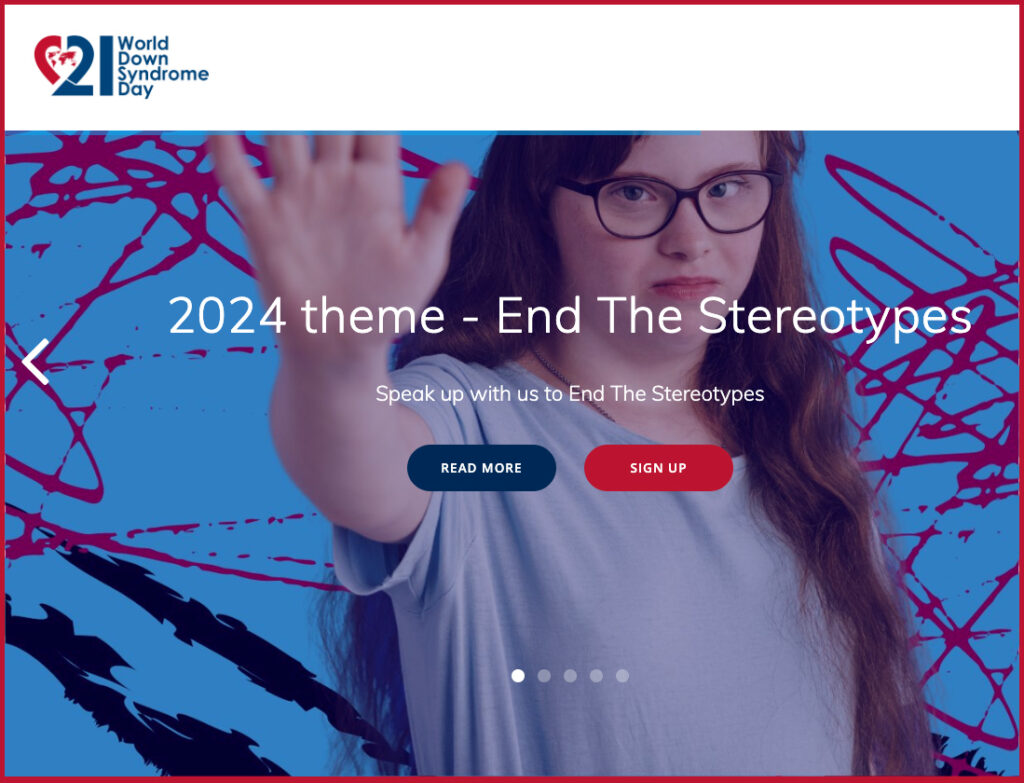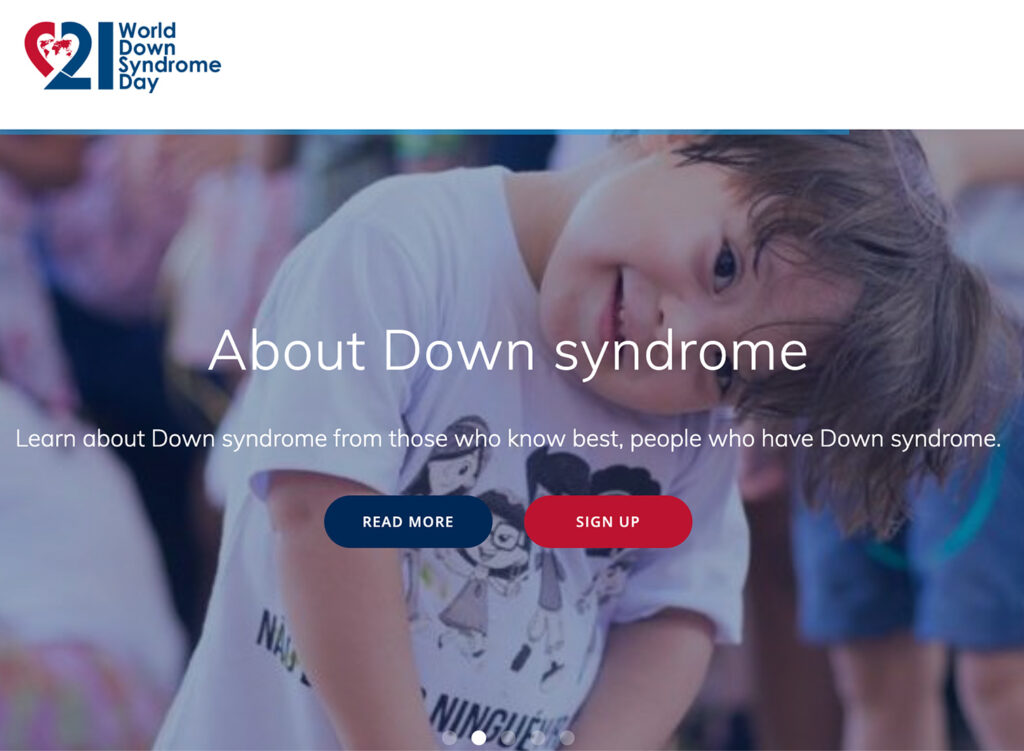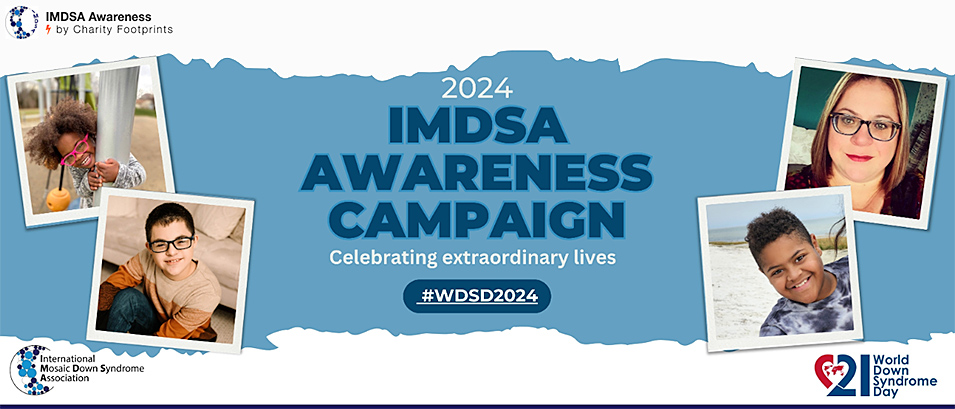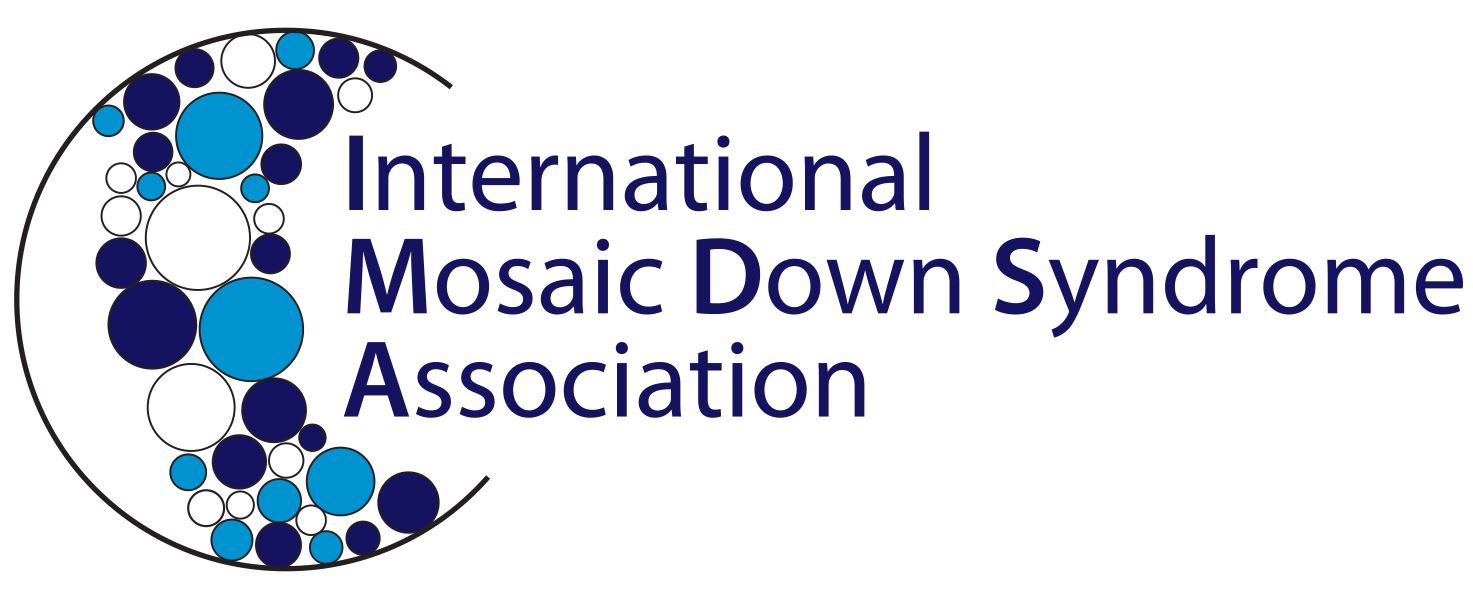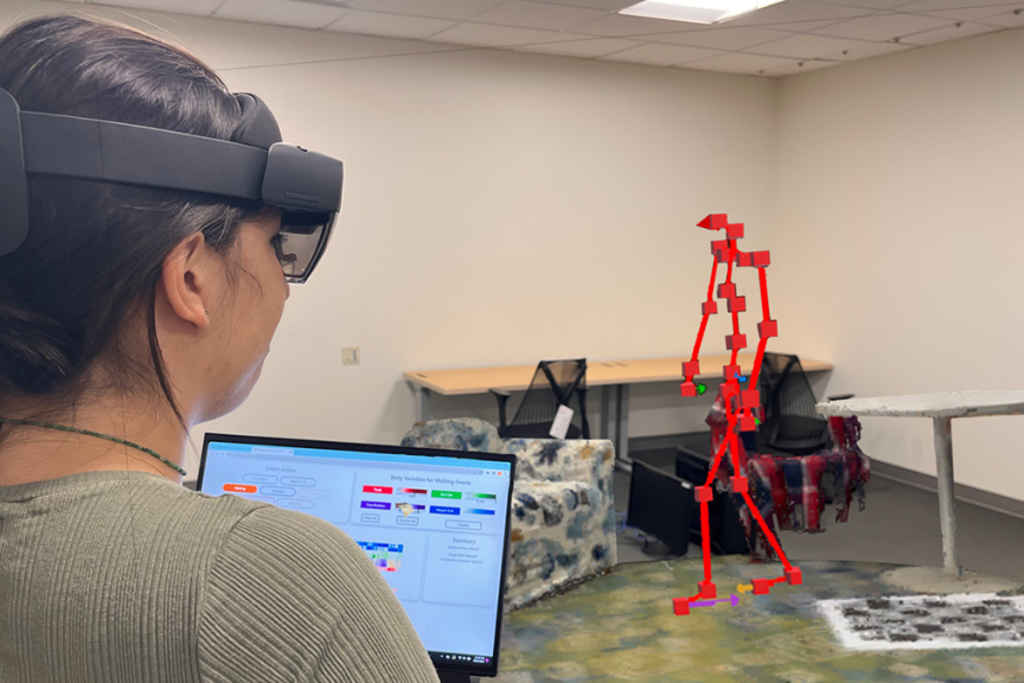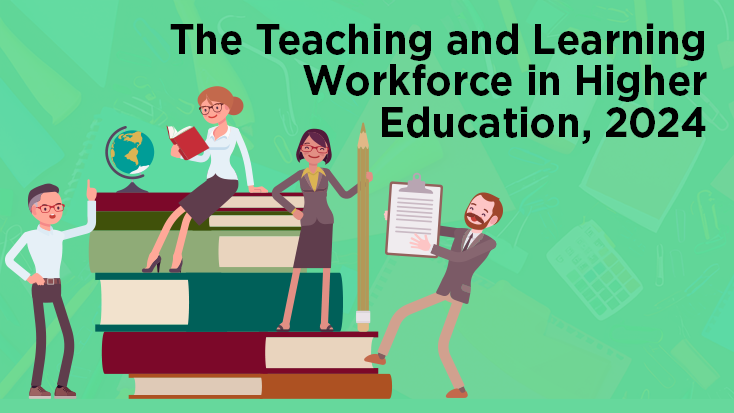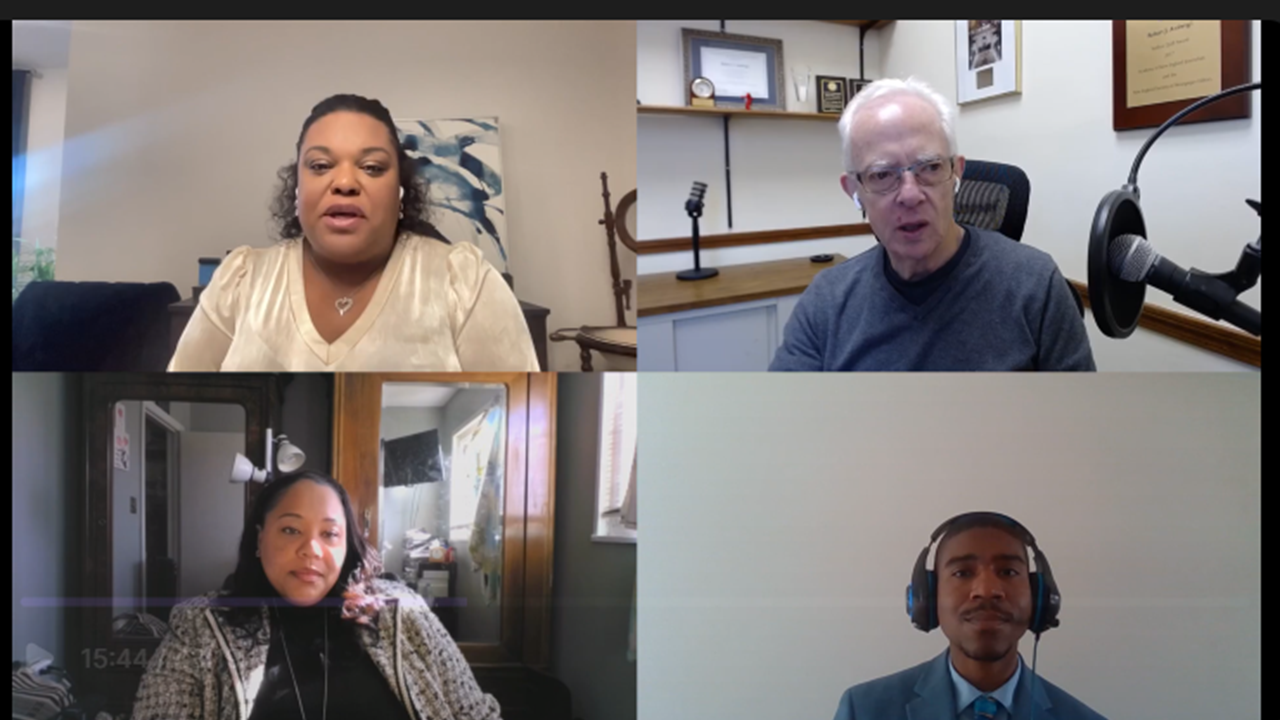Using AI to Support People with Disability in the Labour Market (OECD) — from aiadvisoryboards.wordpress.com
The document “Using AI to Support People with Disability in the Labour Market” explores the potential of AI in fostering employment for individuals with disabilities. Here are the key takeaways from the document:
- Evaluation of AI Solutions: …
- Challenges and Obstacles: …
- Role of Governments: …
- Regulations and Policies: …
- Technical Limitations: …
- Mitigation Strategies: …
These key points underscore the importance of addressing challenges, enhancing policies, and leveraging AI technologies to create more inclusive opportunities for individuals with disabilities in the labor market.
PDF Accessibility: Understanding the Basics — from boia.org
The Adobe PDF (Portable Document Format) is one of the most popular formats for online documents. Put simply, if you need to download a tax form or review a company brochure, you’ll probably download a PDF to do so.
Unfortunately, many PDFs aren’t accessible for users with disabilities. A 2023 report from the Department of Justice (DOJ) found that only 20% of the government’s most-downloaded PDFs were conformant with federal accessibility standards. Private businesses also struggle to meet basic accessibility requirements.
The good news: If you think about accessibility when authoring your documents, you can provide a better experience for readers. Here’s how to get started.
Exploring AI’s Role in Accessibility and Inclusion — from blog.usablenet.com by UsableNet
How AI will transform digital accessibility — from ciodive.com by Phil Strain
What if a person with a visual impairment could receive audio assistance reading a map — and detailed instructions on how to navigate their local railway system? Or what if they could use image-to-text technology to quickly discern what’s in their fridge, along with recipe suggestions and a shopping list for their grocery delivery order?
AI-powered tools that do just that are now a reality thanks to Danish startup Be My Eyes, which uses the visual input capability of GPT-4 to create “virtual volunteers” for people who are blind or vision-impaired. It’s just one example of how advancements in AI are transforming the digital accessibility landscape.









